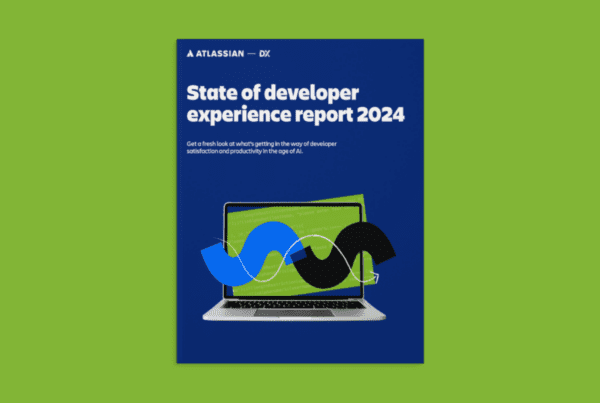Code reviews are an essential part of the software development process. They involve having another developer review and analyse code changes made by another team member. While some developers may view code reviews as a tedious task, they are actually a critical component for ensuring quality, promoting collaboration, and ultimately, improving developer velocity and productivity.
Why Code Reviews Matter
Code reviews help catch errors and bugs early on in the development process. This not only saves time and money in the long run, but also helps ensure that the final product is of high quality.
In addition, code reviews provide an opportunity for developers to collaborate; learn from one another, share best practices and improve their skills. By having another developer review their code, team members are forced to communicate and work together to solve problems. This collaboration can lead to better overall teamwork, as well as improved team morale and satisfaction.
Lastly, code reviews can improve developer velocity and productivity. While it may seem counterintuitive to spend time reviewing code instead of writing it, the benefits of code reviews far outweigh the time spent. When developers know their code will be reviewed by a colleague, they will take more care to ensure that all tests are passing and the code is well-designed. And catching errors early on during the code reviews means less time is wasted later on in the development process fixing bugs and issues.
According to a survey of 680 developers by Codacy in 2017, code reviews were identified as the single most important activity to improve code quality. Read more here (https://blog.codacy.com/impact-of-code-reviews-on-developer-productivity-and-code-quality-a-quantitative-assessment/).
Tips for Effective Code Reviews
To make the most out of code reviews, it’s important to follow some best practices. Here are a few tips for effective code reviews:
- Set clear expectations: Establish clear guidelines and expectations for code reviews, including what should be reviewed, how reviews should be conducted, and how feedback should be provided. Use the acceptance criteria of tickets to help set those expectations of what the code should be tackling.
- Be constructive: Provide constructive feedback and avoid criticising or attacking the developer. Remember that the goal of code reviews is to improve the code, not to criticise the developer.
- Be thorough: Take the time to thoroughly review the code and provide detailed feedback. Look for potential issues, such as bugs, security vulnerabilities, spelling errors and performance problems.
- Use tools: Utilise tools such as code review software to streamline the process and make it easier to manage and track code reviews. Use linting tools to get code validated.
Code reviews are a critical part of the software development process. They help catch errors early on, promote collaboration among team members, and ultimately, improve developer velocity and productivity. By following best practices and establishing clear expectations, teams can make the most out of code reviews and produce high-quality code that meets the needs of their users.



